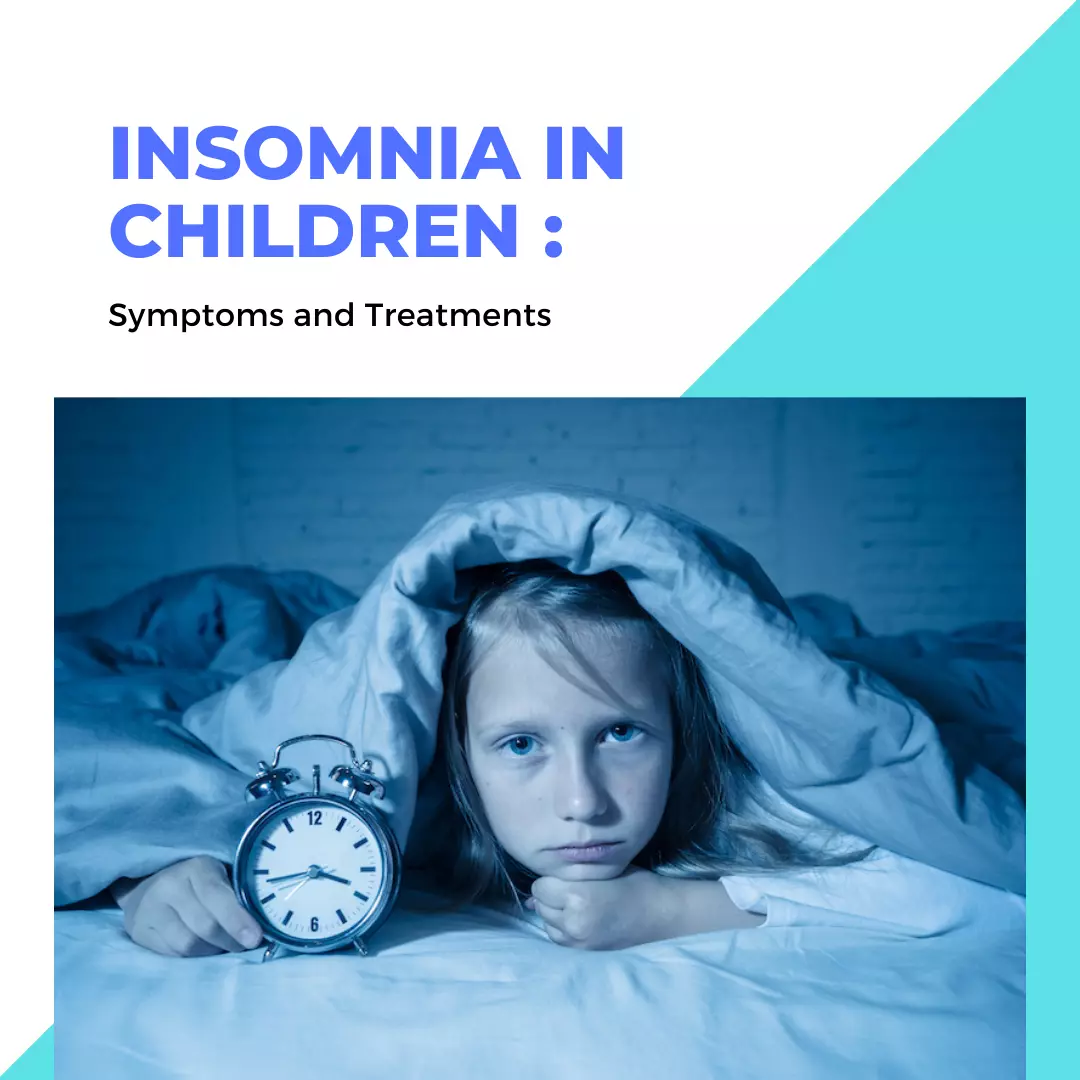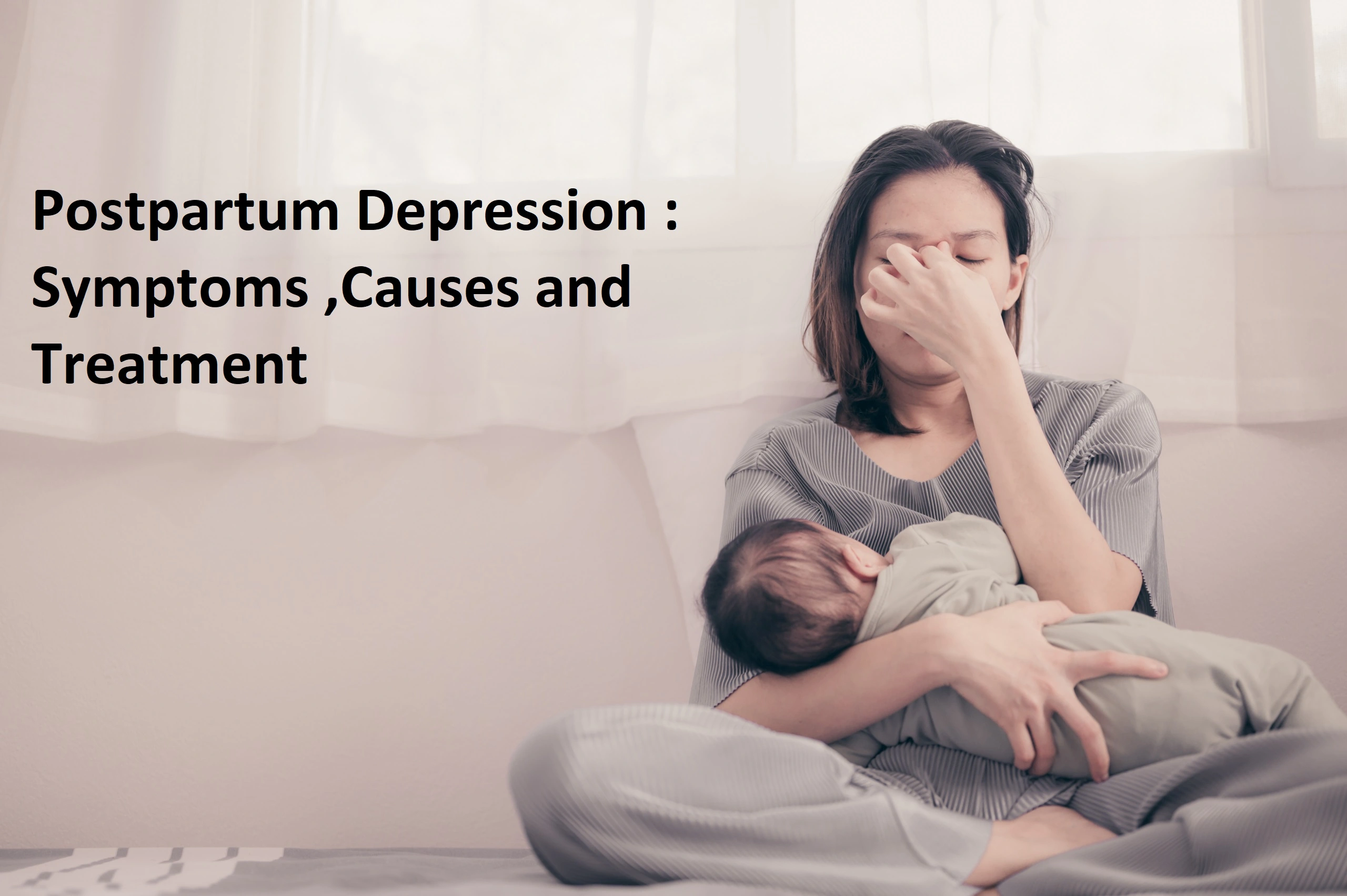
Does your child also wake up frequently in the middle of the night? Or are you struggling to make your child go to sleep? Chances are, your child might have insomnia.
But what is insomnia? One of the most common sleeping disorders a child might have is insomnia. It is the inability to get the right amount of sleep at night. whereas Insomnia in children can lead to various issues, including learning difficulties, negative emotions, and more inclination towards illnesses.
We know that it is very tiring to stay awake with your child. Although that your child gets tired too with abnormal sleeping patterns. There is always some underlying cause that keeps them awake or breaks their sleeping cycle. The need is to find out the reason and get it treated.
WHAT ARE THE SYMPTOMS OF INSOMNIA IN CHILDREN?
If you notice that your child is not sleeping well, then it’s time to educate yourself about
the signs and symptoms of insomnia in children. The most common symptoms are:
- Having trouble falling asleep at night
- Feeling tired and cranky all day long
- Being less productive at school
- Lack of participation in activities
- Difficulty in remembering things
- Frequently waking up amid the night
- Mood swings and irritability
WHAT ARE THE CAUSES OF INSOMNIA?
There might be several causes of why your child has insomnia. Some of them are:
1) CAFFEINE
We all know that caffeine has a direct impact on our sleeping patterns. The same effect goes for children, too. For example they consume it in sufficient amounts. Caffeine is present in many sodas and energy drinks. As children’s metabolism has not been developed fully, it takes time to lower the level of caffeine. It becomes difficult for a child to fall asleep. In that situation, you should limit your child’s caffeine intake, including chocolates and toffees.
2) SCREENTIME
Screen time plays a huge role in sleep timing delays. It also suppresses melatonin, the sleep hormone resulting in alertness. Most kids nowadays watch some bedtime shows before going to sleep. The blue light emerging from screens tends to lower the production of melatonin. More watching hours means more sleep loss if children’s content is exciting, dramatic, or scary.
3) STRESS
If your child is experiencing stress, frequent tantrums, or other behavioral issues, your child likely has insomnia. Children do get stressed out by different things. It might be the fear of imaginary monsters or darkness. They are also stressed by their academic pressure making it difficult to get a good sleep.
3) HYPERACTIVITY
In children, the symptoms of insomnia frequently resemble those of ADHD. Children with ADHD have higher energy levels than other kids. They are easily distracted and have a difficult time going to bed. Even when they are in bed, it isn’t easy to relax their minds for a good sleep.
4) ENVIRONMENT
The sleeping environment also affects the sleeping pattern. An environment that is not calm, cool, and quiet can disturb your child’s sleep. If the room has any moving object, such as a chair, it might cast a scary shadow in the dark. Ticking clocks also sounds unpleasant when children are trying hard to sleep.
5) MEDICAL ISSUES
Some drugs used for the treatment of ADHD might cause insomnia in children. Other medical conditions such as fatigue and restlessness hurt sleeping patterns. Blocked nose or itchy skin also gives children a hard time having enough sleep.
How to Cope With Insomnia in Children?
Many parents get worried about the disturbed sleeping cycle. And they are clueless about how they can cope with insomnia in their children. moreover there can be many gentle solutions that might help your child control their sleep. Forcing them to sleep makes it more difficult for them as they might associate sleep with punishment. Parents should always have a gentle approach towards their children’s issues.
Let’s discuss some gentle tricks and tips to help you regulate your child’s sleeping patterns.
Limiting screen time:
The parents must restrict their child’s screen time. How about making their screen time schedules. Do not give them screens before bed. Instead, let them prepare for their pre-bed regimes.
Follow Bed Routines Even On Weekends:
We all know that weekends are fun. Kids don’t usually follow their bedtime routines. But, it is better to have the same bedtime routine on weekends so that their sleep cycle doesn’t mess up.
Manage Nap Timings:
Children get tired by the evening and need some nap time. Make sure that they don’t sleep closer to their bedtime or long stretches. They’ll find it hard to fall asleep at night.
Don’t Let Your Child Sleep on Full or Empty Stomach:
We often stuff our children with too much food, assuming they would sleep better. This isn’t always the case. Your child might feel bloated or too full of falling asleep. Making them sleep on an empty stomach may also contribute to insomnia.
Managing the Room Temperature:
Even adults tend to wake up in unfavorable sleep environments. It’s better to have a check on their room temperature. It shouldn’t be too cold or hot as it might disturb their peaceful sleep.
FINAL WORDS
To wrap up the article, know that it is crucial to check out your children’s health and follow preventive measures. Insomnia isn’t something life-threatening. But, it can surely disturb your child’s day to activities. It is suggested to help them cope and eliminate the root cause.



